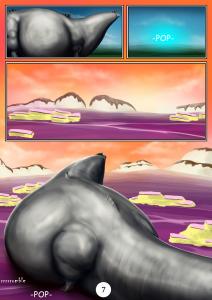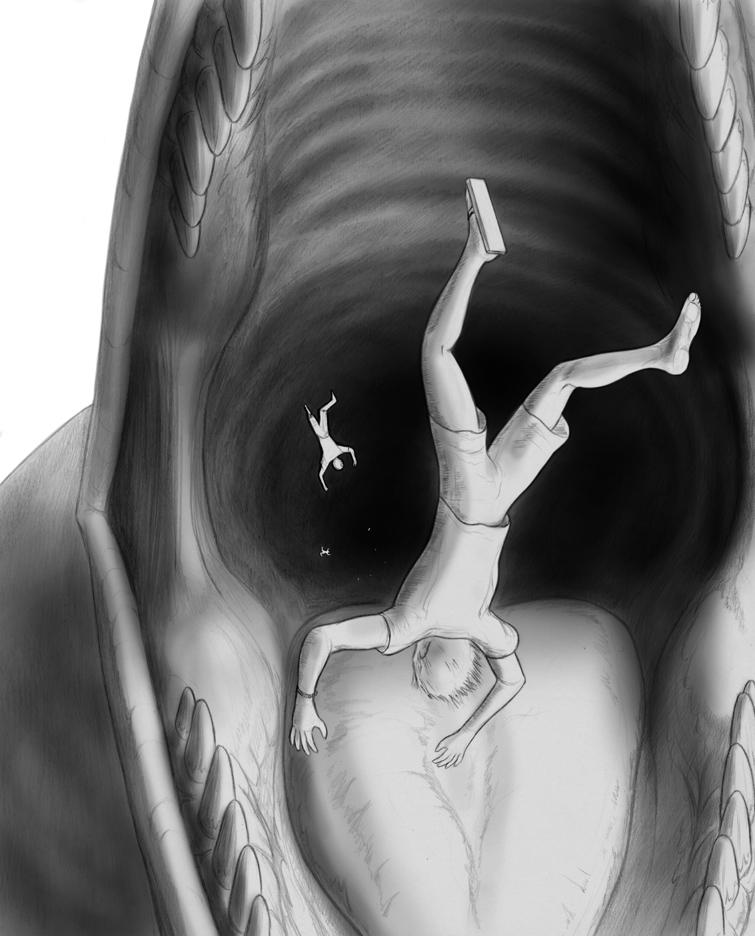
My poetics involve incantation and repetition that grew directly out of my experiences of participation in women-led, earth-centered spiritual groups. Whether I am writing about a female experience or about a female perception of a “universal” experience, if I start out from the position of a woman poet, it leaves more room within each poem to explore being a woman there is that much less I need to establish for the reader at the outset.Īnd the way I want to write involves not only theme and subject matter but also form, style, poetics. To be a woman poet gives me access to a pomegranate, a cornucopia, of inspirations crying to be articulated through more than just my one lifetime. Now at the earliest dawn of female recovery-a time when, in certain parts of the planet, it is just finally beginning to be possible to imagine a world in which women’s experience is valued equally with men’s-I feel lucky to be born a poet into a gender that brings with it so much experience that needs urgently to be expressed. Women’s stories and experiences have been missing from so much of our cultural history Judy Chicago, in her monumental feminist installation The Dinner Party, which I took my daughter to see recently, conveys this brutal lack of access to information about women by making it frustratingly difficult to see the gorgeously intricate patterns and embroiderery on the backs of each of the table runners commemorating the female guests of honor. These sorts of new truths make me wonder how such things affect poetry by women and more importantly, they give me the kind of deep curiosity that leads to poems. I like to write about nature, food, and spiritual life in ways that can feel female for example, I learned this week that women have much better senses of smell than men and that women’s voices help plants grow significantly faster than men’s. I like to write about babies, birth, and breastfeeding. I like to write about mothers, daughters, female ancestors, and their lives and lore.

First, being a woman poet helps me write the way I want to write. Even I, who claimed for myself the name of “poetess” in a 2002 essay, found myself beginning a paragraph in my recent Women’s Work post on Harriet with the caveat that “there may not be such a thing as women’s poetry.”īut the more I have thought about it since writing that post, the more I have decided that, whether or not women’s poetry exists, I am a woman poet, for three reasons:ġ.

Allyn Rosser, and Eleanor Wilner) asserted, “we all concur that we ought to abolish the unpleasant term ‘women’s poetry.” And in the ensuing few years, consensus on this point seems, if anything, to have become wider. My Sister-in-Law, Sister, Niece, and Me in My Mother's KitchenĪnna Leahy reminds us, in her recent essay “Is Women’s Poetry Passé?” in Legacy, that “in the January 2006 issue of Poetry, the three female poets who had been asked to comment on “women’s poetry” (Meghan O’Rourke, J.


 0 kommentar(er)
0 kommentar(er)
